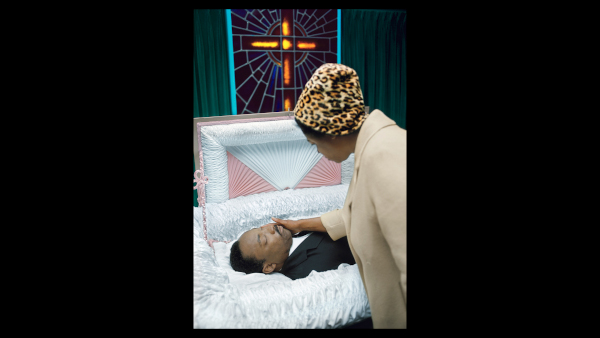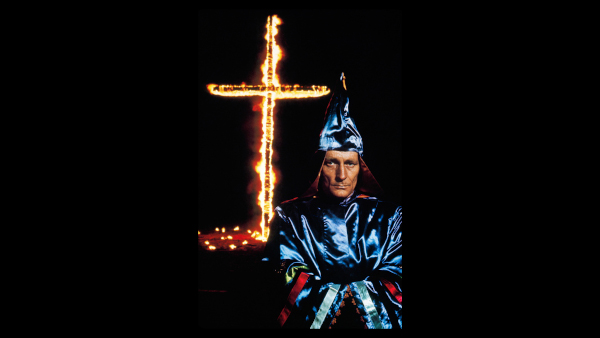Legendary Photographer Burk Uzzle Sees All

All you need to do to realize how important photography is to being really alive is to acquaint yourself with the work of Burk Uzzle. Jethro Waters's F11 and Be There, a First Run Features Virtual Cinema release, is a moving and essential documentary film on the life and career of this iconic American photographer. Uzzle has created some of the most iconic photographs in American history. From the Rev. Martin Luther King Jr. to Woodstock to America's small towns and back roads, no subject is too daunting for this great humanitarian.
The film is loaded with Uzzle’s life lessons. We get an unabashed honesty throughout, watching the master in his studio as he works with his subjects, or finds an abandoned barn off the highway. He surprises us at every turn with both his sensitivity and unflagging energy, creating a “culture of respect” that pays off in profound, unforgettable images.

To “be there” is no easy task. He advises that you must know your value as a person as well as the value of the tool in your hand. Brandishing a hammer or a camera, he tells us a tool is not a tool until you have the craft to handle it well. To Uzzle, “a tool is a Stradivarius.” At 80 years old, he has learned to take his own advice. As a young man, he saved the money from his paper route to buy his first camera, determined that he would work for Life magazine one day. That dream came true by the time he was 23, with the best teachers anyone could hope for.
Cornell Capa, an early mentor and the founder of the International Center of Photography, taught him “you’re only as good as your legs.” He used them well, throwing himself into the line of fire in Vietnam, seeing up close the cost of war with his camera as a shield. He could sniff out the changing tides of the times, hovering over the casket of Martin Luther King Jr. or getting a closeup glimpse of Bobby and Ethel Kennedy on the trail two weeks before the tragic assassination.

From the legendary photographer Henri Cartier-Bresson, he not only learned how to search for the “decisive moment” but an appreciation for the quattrocento painters. We are given a brief look at his own exhibition, ‘American Chronicle” at the North Carolina Museum of Art, a retrospective that not surprisingly had an attendance of over 700 visitors, the largest in its history.
But his true pleasure is in showing us the old masters, his face lighting up with a child’s excitement. We peer closely along with Uzzle as he shows us how to look at a painting as if it were a photograph, finding new meaning in the color black or the chiaroscuro effect of dark and light on a subject’s face. As for faces, he sees each one as a new frontier, “as deep a frontier as you’re capable of exploring.”

What better subject matter for a photographer born and bred in the South than the African-American populace of North Carolina, and the director doesn’t give short shrift to Uzzle’s unwavering obsession and love for these people. These are photo sessions where he really shines. Whether it’s the angle of a churchgoer’s hat or the microscopic display of a shooting victim’s ribs, he treats every challenge with the precision of a surgeon. At certain times, an insistent drumbeat accompaniment heightens the inherent drama of the scene.
He expresses his disappointment in politics and the workings of the world. But he is a man of faith in himself and his work. “The arts must make the world better.” How fortunate we are to have Uzzle as a chronicler of his time. We can only wish there were more like him.

Author Bio:
Sandra Bertrand is Highbrow Magazine's chief art critic.
For Highbrow Magazine































































































































































































































































































































